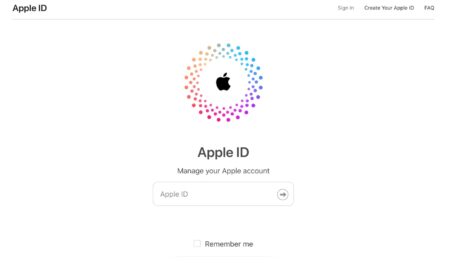In the high stakes race to establish platform dominance across next generation extended reality interfaces, recent reports suggest search giant Google attempted wooing social media titan Meta into adopting its embryonic Android XR operating system to collaborate on VR headset hardware and software standards.
However Meta reportedly declined Google’s partnership proposal to maintain control over its bespoke RealityOS stack underscoring wider industry realignments between technology juggernauts as immersive computing evolves.
This analysis examines the Android XR partnership offer, rationale behind Meta’s refusal and resulting implications in shaping pervasive ambient digital realities through intelligent wearables.
Google’s Android XR Partnership Proposal
Details remain vague regarding Google’s exact proposal made to Meta leadership, but several motivations likely drove the preemptive collaboration attempt:
Seeking Meta’s VR Expertise
Having invested over $10 billion acquiring VR startups and fueling Reality Labs R&D, Meta remains years ahead in developing sophisticated immersive experiences adept at consumer traction.
This hard won expertise would significantly accelerate Android XR’s capabilities launching with VR headsets from other hardware partners.
Extending Android Dominance
Bringing Meta’s popular Horizon World ecosystem under the Android XR umbrella fits Google’s historical playbook – where the mobile platform successfully captured majority smartphone mindshare thanks to industry partnerships.
Repeating this winning strategy could help Android XR marginalize competing platforms in the emerging wearables space.
Countering Apple
With rumors indicating Apple plans its own XR headset soon, Google recognizes urgency in shoring up content and device support for Android XR before consumer usage patterns solidify around early movers.
Collaboration with Meta could help accelerate Android XR’s maturity preventing iOS domination.

Why Meta Rejected Google’s Partnership Offer
In contrast, Meta’s outright refusal centered on a few preeminent considerations:
Ceding Control Over Standards
Submitting to Android XR would subject future VR developments across Meta hardware and software to Google’s governance – reducing flexibility responding to user feedback and business agility as opportunities arise.
Validating Key Rival
Accepting junior partner status within Android XR hands Google increased credibility as a aspirational Metaverse steward against Apple and Microsoft who are also introducing competing stacks.
Discouraging Wider XR Innovation
By immediately consolidating early XR efforts under one platform before wider exploring technical possibilities, long term risks of limited perspectives get introduced possibly restricting innovation dimensions.
Taken together, these factors reinforced Meta’s ongoing independent stance shaped by past lessons dealing with platform incumbents.
Broader Industry Implications
While Meta’s refusal focused on internal justifications, wider reverberations across consumers, headset manufacturers and even regulators stem from the unfolding situation:
Fragmented XR Experience Ahead
With collaboration prospects fading, the risk of format wars splitting future XR ecosystems between separate Android and Meta camps looms – confusing mainstream technology adopters used to greater uniformity.
More Platform Options
However, Meta preserving RealityOS autonomy ensures headset makers enjoy negotiating leverage playing Google, Apple and Microsoft against each other when designing new wearables – preventing unilateral terms setting.
Regulatory Attention
Moves perceived as big tech players limiting chances of interoperability could also draw antitrust scrutiny from authorities already keeping Google and Meta under close examination in other contexts.
Ultimately, the continuing saga of coalition building then breakdowns across XR incumbents keeps technology observers riveted on what collaboration vehicle finally unlocks ambient computing for masses.
The Bigger Battle for Next Generation Platforms
Stepping back, the fierce jostling across many technology categories including smartphones, computers, vehicles, homes and cities makes a highly fragmented XR space likely but also exciting according to some industry analysts.
Virtual and augmented capabilities expected on majority headwear within a decade behooves nurturing high degrees of orchestration between stakeholders up and down the complex value chain.
And the sooner collaborative foundations get laid through open standards, the faster immersive technologies can elevate human potential unconstrained by limits forced by early competitive molrats.
With the battle lines drawn, spectacular breakthroughs can emerge from unexpected contributors exploring fertile ground littered by coordination failures among giants – proving technological leadership remains wide open despite size and resources.










Add Comment